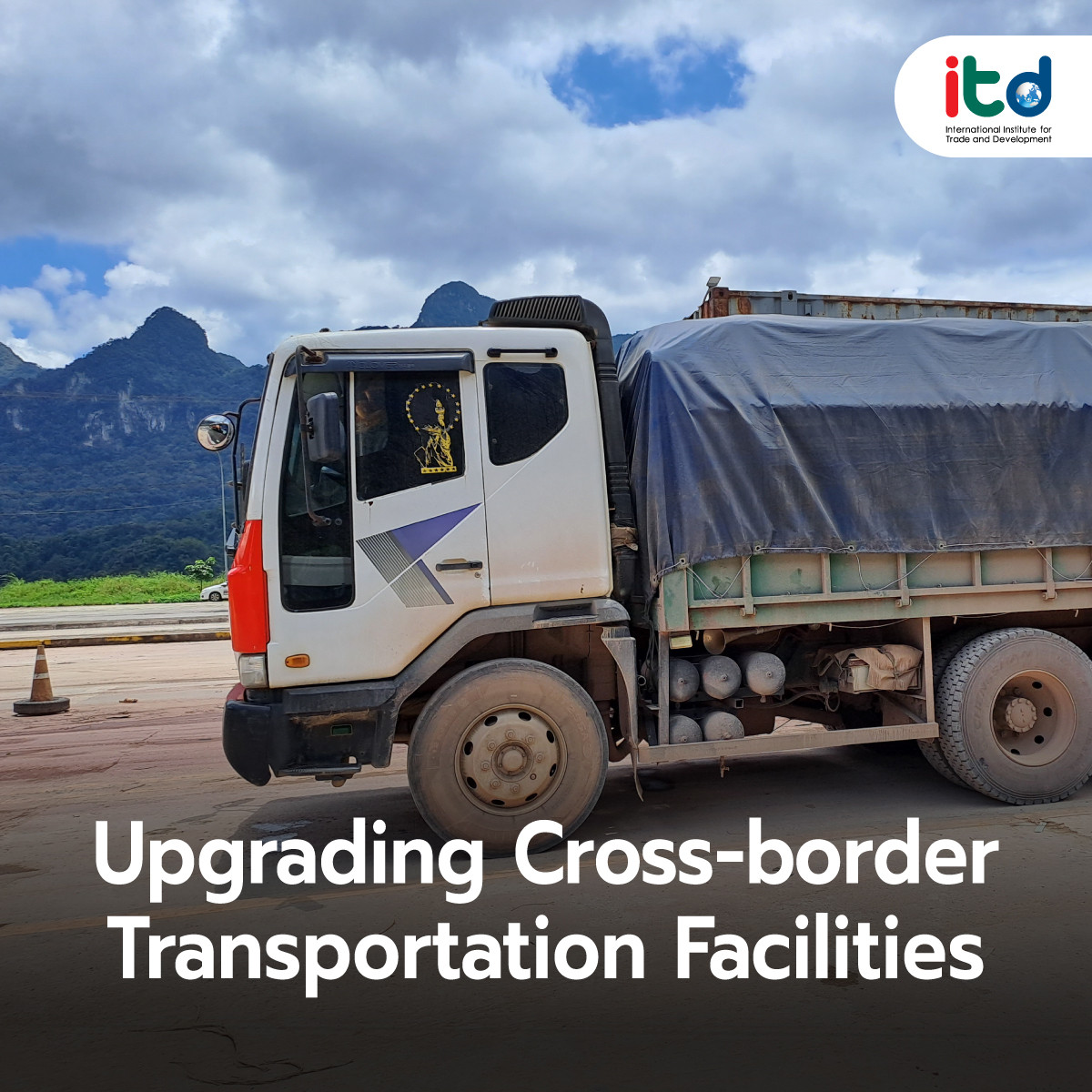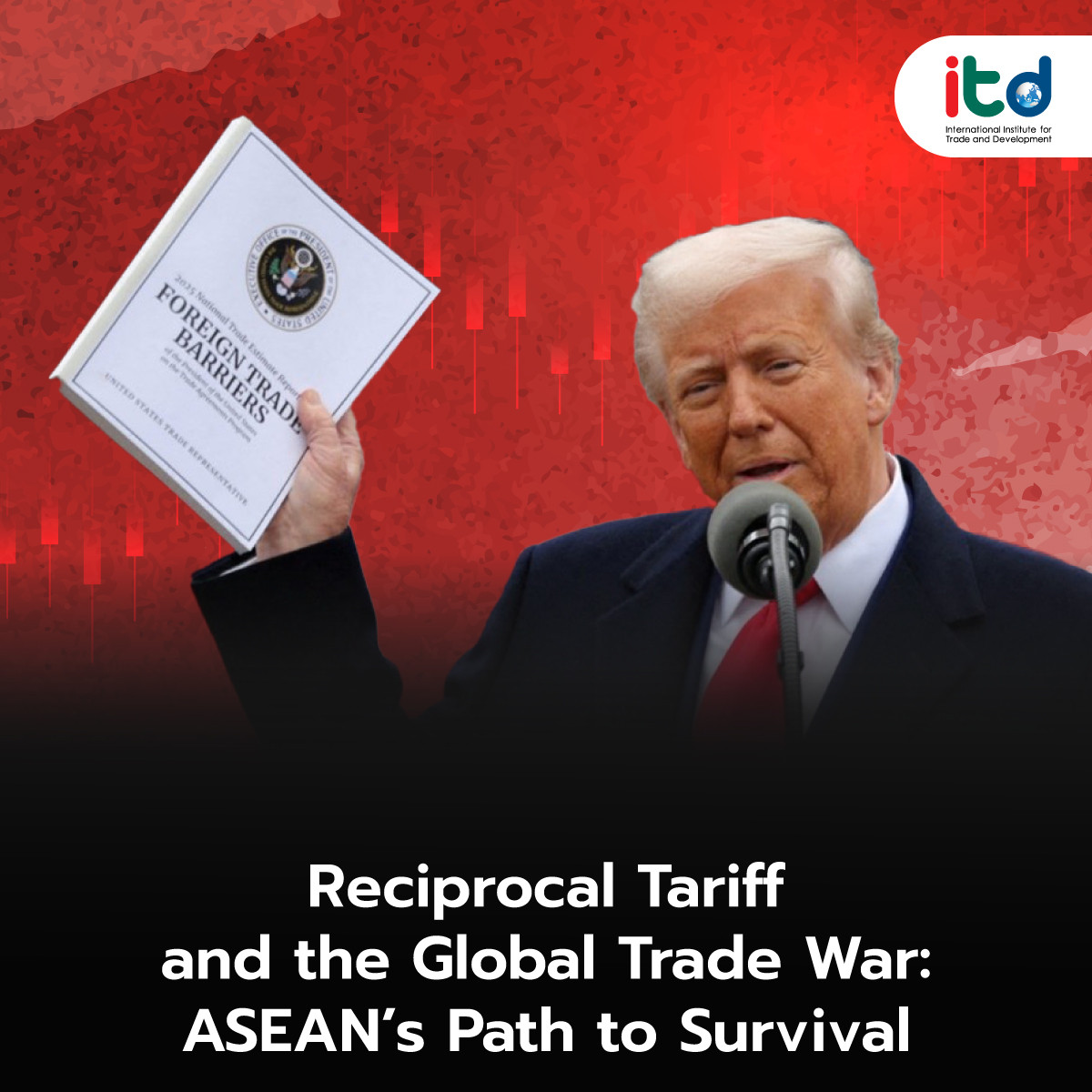About Documents
Cross-border transportation is a critical factor that facilitates international trade, therefore enhancing cross-border transport facilitation is a highly significant issue. Ensuring goods and services can cross borders quickly, easily, with low cost, and through uncomplicated processes is essential for the growth of international trade.
ASEAN recognizes the importance of transport facilitation as a mechanism for economic growth and development in the region. ASEAN holds the ASEAN Transport Ministers Meeting (ATM) to set the direction for the transport sector and other issues, as well as the Senior Transport Officials Meeting (STOM).
There are several working groups tasked with advancing projects and operational activities on various issues according to the ASEAN Transport Strategic Action Plan 2016-2025. These include working groups for air transportation, land transportation, maritime transportation, and also ASEAN Transport Facilitation Working Group.
The Greater Mekong Subregion (GMS), comprising Cambodia, Laos, Myanmar, Thailand, Vietnam, and Southern China, under the Greater Mekong Subregion Economic Cooperation Program, has seen continuous development of transportation infrastructure. However, regulations, international agreements, and related mechanisms to facilitate the cross-border movement of goods and services within the GMS still require targeted development.
The GMS has established a key initiative, the GMS Cross-Border Transport Facilitation Agreement (GMS CBTA), to elevate transportation and trade facilitation. This agreement aims to promote and facilitate the transport of goods and passengers across borders, streamline and harmonize regulations and requirements for the transport of goods and passengers, and endorse continuous multimodal transportation.
The GMS CBTA agreement came into effect in 2015. However, due to the process of amending internal regulations and a lack of understanding, it was observed that the agreement was underutilized in practice. This led to efforts to enhance the utilization of the agreement by signing the MoU Early Harvest in 2018.
However, the utilization of the GMS CBTA agreement was disrupted due to the COVID-19 pandemic situation, resulting in all countries in the GMS closing their border checkpoints, and suspending cross-border travel and goods transportation under public health control measures.
Even though the COVID-19 situation has eased and some border checkpoints have reopened to normal operations, these measures remain in effect to this day. This reflects that the recovery in border and cross-border trade value post-COVID-19 has not fully utilized the GMS CBTA agreement to its full potential.
Cross-border transportation in ASEAN and the GMS faces obstacles and challenges, both in operational practices and the varied transportation regulations of each country. To elevate cross-border transport, it is crucial to expedite international cooperation, particularly in fully and effectively utilizing the GMS CBTA agreement.
Follow the research outcomes to enhance the utilization of the GMS CBTA agreement at the ITD Research Forum 2024: Upgrading Thailand’s Gateway and MSMEs’ Export on April 4, 2024. Details are available at www.itd.or.th.
Author:
Ms. Patcha Thamrong-ajariyakun
Senior Researcher
International Institute for Trade and Development (Public Organization)
www.itd.or.th
Publication: Bangkok BIZ Newspaper
Section: First Section/World Beat
Volume: 37 Issue: 12611
Date: Wednesday, April 3, 2024
Page: 8 (bottom-right)
Column: “Asean Insight”






